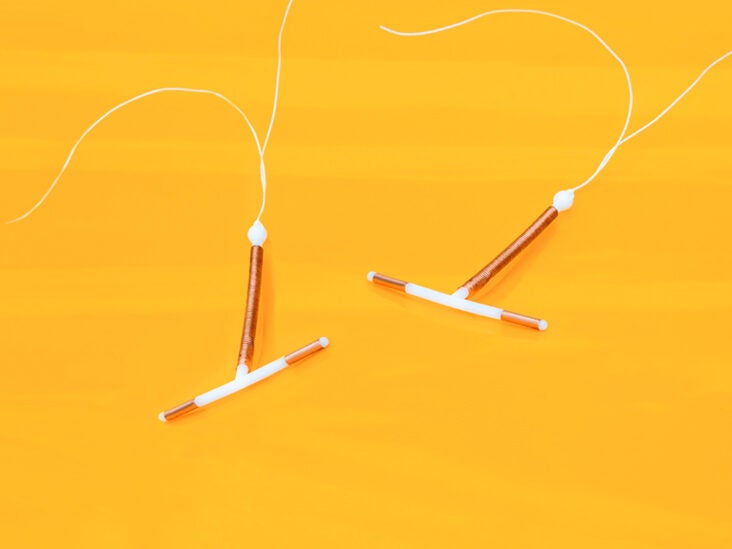This is the final blog in a three part series about Lipedema and hormones which will focus solely on Lipedema and contraception. As mentioned in my previous blogs ‘Lipedema and Menopause’ and ‘Lipedema and Pregnancy’, there is still no definitive cause for Lipedema. However, there is significant evidence to suggest that hormonal changes in a woman’s body can have a negative effect on Lipedema symptoms. So, can birth control cause Lipedema?
What is Lipedema?
Lipedema is an abnormal build up of fat on both sides of the body, usually presenting itself in the legs and sometimes arms. It can cause Lipedema pain and make daily activities difficult, especially in the latter stages. Lipedema doesn’t respond to diet and exercise like ordinary fat. Although there isn’t a cure for Lipedema, conservative measures can help manage the symptoms.
What is contraception?
Contraception is a wide term used to describe the intentional prevention of conception through the use of various devices, sexual practices, chemicals, drugs, or surgical procedures. Therefore, any device or act whose purpose is to prevent a woman from falling pregnant can be considered a contraceptive.
Research on Lipedema and Contraception
Currently, there is no concrete research into the different methods of contraception and their direct effect on Lipedema and its symptoms. What we do know, is that many women in the Lipedema community online talk about their age of onset, and it’s often in conjunction with when they started taking hormonal contraceptive methods.
Most sufferers have described the condition as worsening, or even beginning, when they started taking the oral contraceptive pill. On the contrary, some women have taken the pill for years and have noticed no change in the severity of the condition.
In Lipoedema UK’s 2014 Big Survey, they found that 3% of women taking part reported their first Lipedema symptoms coincided with the first use of hormonal contraceptives.
My experience with Lipedema and Contraception
I started using the contraceptive pill to manage my teenage acne at 15 years old. I noticed rapid weight gain in my lower legs, especially my ankles. I now realise that this was the beginning of my difficult journey with Lipedema. You can read all about it in my blog: ‘How my Lipedema journey began’.
I truly believe there isn’t enough awareness around the side effects of taking the contraceptive pill. Lots of young girls start taking the pill in their teens as a method of contraception, or to manage acne or heavy periods, without being educated about other options that don’t contain as many hormones. Obviously, avoiding an unwanted pregnancy is the most important thing to consider, but there are contraceptives available that won’t affect Lipedema in the body.
Contraceptive options for women with Lipedema
If you are worried about using contraceptives that contain oestrogens or artificial hormones that may exacerbate your Lipedema symptoms, other options include:
- The Intrauterine Device (IUD), also known as the copper coil (highly effective)
- Sterilisation (vasectomy preferable)
- Condoms (male and female)
- Contraceptive diaphragm
- Natural family planning (rhythm) methods
For Lipedema sufferers who require reliable contraception and management of heavy periods, or other conditions such as endometriosis, the IUS or Levonorgestrel Intrauterine System, a hormonal coil, is the best choice as it contains a very minimal hormone percentage, which is made up of only progestogen, not oestrogen.
Worrying about the progression of your Lipedema symptoms can cause increased stress levels and in some cases mental health issues in women with Lipedema. Then adding the difficult choice of which contraception to use into the mix can make things even worse. Try not to stress, there are plenty of options out there.
Deciding which contraceptive method to use will depend on several factors, including Lipedema. This is a conversation you should have with your GP or family planning clinic. Ultimately, you will have to weigh up the pros and cons. If less traditional contraceptives with fewer hormones are not an option for you, using hormonal contraceptives is still likely to have far less of an impact on your Lipedema symptoms than unplanned pregnancy and childbirth.
Disclaimer: My blogs talk about Lipedema, diet, surgery and much more. I’m talking from my point of view to help women, and remind them they are not alone. I am not a medical professional, so the content above is from my own perspective with research I have done into the topic. It’s not meant as medical advice, you should always consult your doctor or a specialist for both your diagnosis, and a treatment plan.


